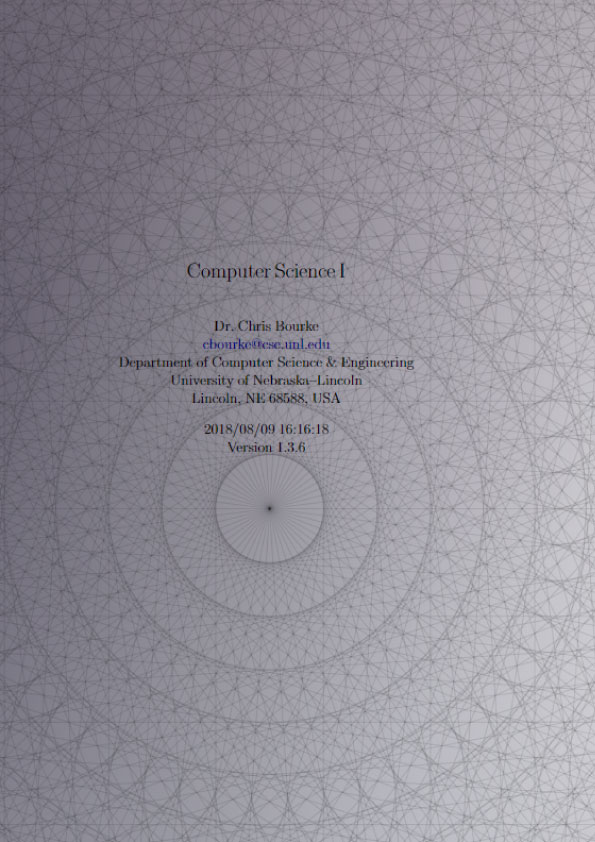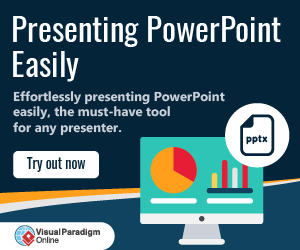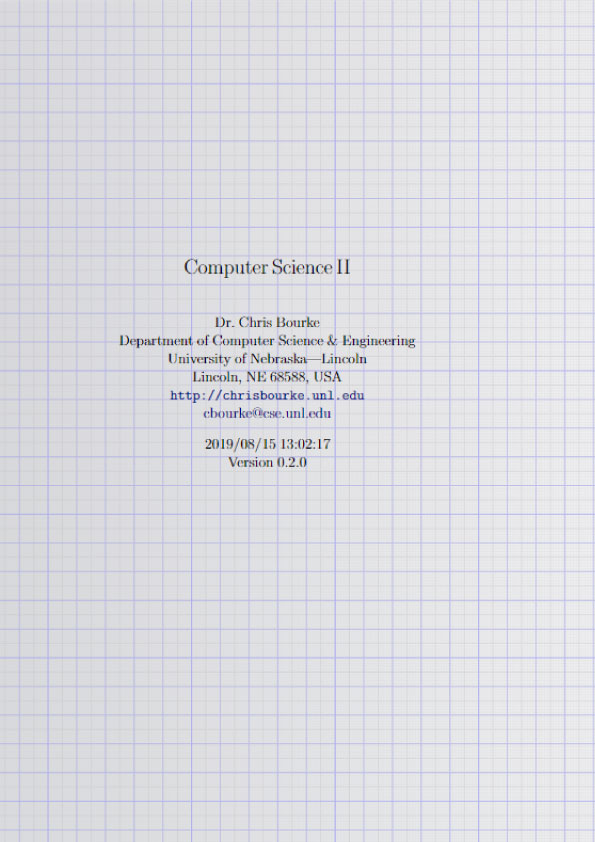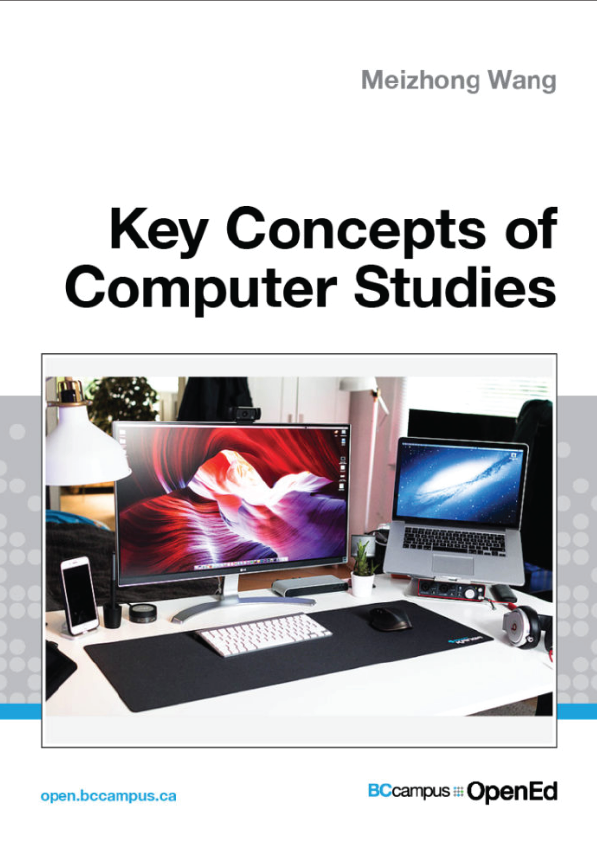Introduction
Computers are awesome. The human race has seen more advancements in the last 50 years than in the entire 10,000 years of human history. Technology has transformed the way we live our daily lives, how we interact with each other, and has changed the course of our history. Today, everyone carries smart phones which have more computational power than supercomputers from even 20 years ago. Computing has become ubiquitous, the “internet of things” will soon become a reality in which every device will become interconnected and data will be collected and available even about the smallest of minutiae.
However, computers are also dumb. Despite the most fantastical of depictions in science fiction and and hopes of Artificial Intelligence, computers can only do what they are told to do. The fundamental art of Computer Science is problem solving. Computers are not good at problem solving; you are the problem solver. It is still up to you, the user, to approach a complex problem, study it, understand it, and develop a solution to it. Computers are only good at automating solutions once you have solved the problem.
Computational sciences have become a fundamental tool of almost every discipline. Scholars have used textual analysis and data mining techniques to analyze classical literature and historic texts, providing new insights and opening new areas of study. Astrophysicists have used computational analysis to detect dozens of new exoplanets. Complex visualizations and models can predict astronomical collisions on a galactic scale. Physicists have used big data analytics to push the boundaries of our understanding of matter in the search for the Higgs boson and study of elementary particles. Chemists simulate the interaction of millions of combinations of compounds without the need for expensive and time consuming physical experiments. Biologists use massively distributed computing models to simulate protein folding and other complex processes. Meteorologists can predict weather and climactic changes with ever greater accuracy.
Technology and data analytics have changed how political campaigns are run, how products are marketed and even delivered. Social networks can be data mined to track and predict the spread of flu epidemics. Computing and automation will only continue to grow. The time is soon coming where basic computational thinking and the ability to develop software will be considered a basic skill necessary to every discipline, a requirement for many jobs and an essential skill akin to arithmetic.
Computer Science is not programming. Programming is a necessary skill, but it is only the beginning. This book is intended to get you started on your journey.





